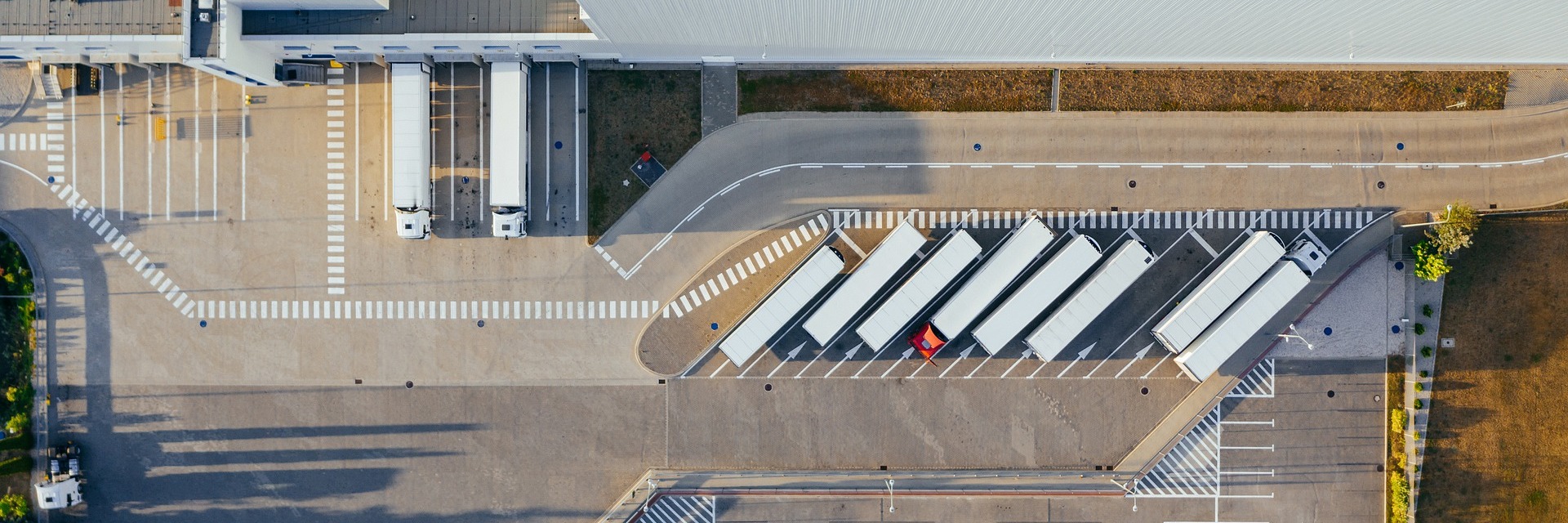Launch of Goods Vehicle Movement Service (GVMS)
Posted on 6th January 2022 at 16:25
The launch of Goods Vehicle Movement Service (GVMS) and further restrictions on high risk goods 1st January 2022 sees the first significant development of the Brexit transition period for imports and exports between the UK and European Union.
This stage has been delayed numerous times throughout 2021 since the transition period was first installed in January 2021, with further changes also due in July 2022.
Our EU customs team are ready to guide you through this significant next stage of import controls.
We have split this into two sections – the new Goods Vehicle Movement Service first, followed by information on further restrictions on high risk goods.
Section 1: Goods Vehicle Movement Service (GVMS)
This first development surrounds the launch of the Goods Vehicle Movement Service (GVMS). This new system is being introduced with a view to ensuring all goods entering the UK from Europe are customs cleared in full, whilst maintaining a smooth flow of goods through key ports such as Dover. Key ports using GVMS are Dover, Folkestone/Channel Tunnel, Harwich and Newhaven. Other ports will continue using processes similar to those already in operation throughout 2021.
If you have any specific queries for your imports, please get in touch. GVMS uses a single goods movement reference number (GMR) to connect a prelodged customs en
try with a specific trailer.
It is the responsibility of the haulier to enter a prelodged customs entry reference into the GVMS system, with the generated GMR being provided at the port of exit to allow boarding onto a vessel. Without a prelodged entry, goods may not be permitted to board in ports such as Calais, meaning late provision of documents to Boast could result in goods being refused entry to the UK.
A full list of ports using GVMS is available here: https://www.gov.uk/guidance/list-of-ports-usingthe-goods-vehicle-movement-service
What does this mean for you?
At time of goods loading or before, we are recommending all customers looking to ship through ports using GVMS send a full set of commercial documents, confirmation of trailer number and intended port of entry via email with your haulier also in copy. We can then reply with a copy of the prelodged entry for your haulier to enter into the GVMS system. This will ensure there are no delays.
We recommend checking with any hauliers you are regularly using to ensure they are set up for GVMS to ensure there are no hiccups in the movement of your goods.
Please can we also ask for you to contact our Brexit Team if you have any trailers looking to arrive into Dover, Folkestone or Harwich between 1st-4th January 2022 to ensure we can support you fully during this period.
Section 2: Imports of high risk goods
High risk goods fall into three different categories which are undergoing further restrictions into 2022 for imports from the EU, which will bring them closer in line with imports from outside of the EU.
These categories are as follows:
Products of animal origin (POAO)
Animal products for human consumption
Animal by-products (ABP)
Animal products not for human consumption
High-risk food of non-animal origin (HRFNAO)
Other high risk goods for human consumption but not animal products
It is the responsibility of the importer, or their agent on their behalf, to prenotify Port Health authorities of any imports of goods falling under the above categories a minimum of 24 hours prior to the arrival of goods.
Anything notified less than 4 hours before arrival may be subject to latenotification fees. Looking ahead to July, please note that some goods falling under the above categories may need to arrive into a specific border post for Port Health inspections and checks, meaning goods will be restricted from entry to certain ports of entry.
What does this mean for you?
Our EU customs team will reach out to any individual customers who are regularly importing goods affected by this change in regulation for high risk goods. If you have any concerns, please do not hesitate to let us know and we are more than happy to assist.
Tagged as: brexit
Share this post:







